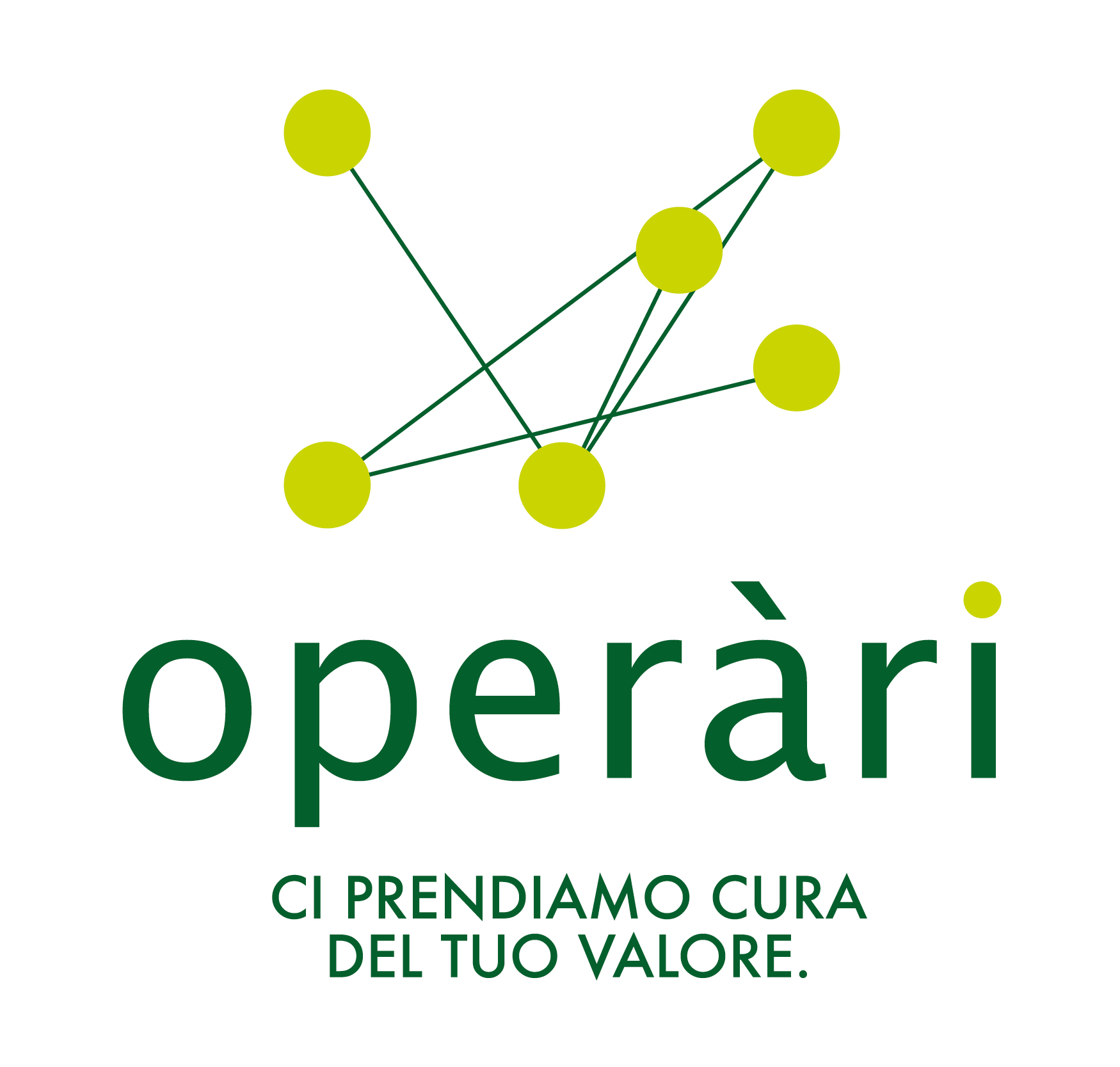



OPERARI S.R.L. SOCIETA BENEFIT

Metropolitan City of Milan, Italy
January 2022
Management consultant - for-profits
Service with Minor Environmental Footprint
Italy
operàri comes from Latin and means - quite simply - to work. We strongly believe our work is a tangible expression of our being; in other words, our values take shape day after day in our actions. operàri sequitur esse, it was said: what we do always expresses what we are. We are like that. We support businesses to embrace transformational governance, aiming to adopt an ethical and values-based approach to culture and leadership resulting in greater shared value for the business, employees, investors, consumers and communities, as well as the environment. We encourage businesses to assess where they are on the transformational governance journey and to identify opportunities for improvement. We assist businesses to integrate the underlying values and principles of transformational governance — to be accountable, ethical, inclusive and transparent — in their internal and external activities, including throughout their supply chains. Transformational governance is good governance. It fosters an environment of trust, transparency and accountability; it also helps align an organisation’s purpose with the interests of society, building strong stakeholder relationships while effectively managing risks, gaining opportunities, creating and protecting value.
Overall B Impact Score
Governance 23.1
Governance evaluates a company's overall mission, engagement around its social/environmental impact, ethics, and transparency. This section also evaluates the ability of a company to protect their mission and formally consider stakeholders in decision making through their corporate structure (e.g. benefit corporation) or corporate governing documents.
What is this? A company with an Impact Business Model is intentionally designed to create a specific positive outcome for one of its stakeholders - such as workers, community, environment, or customers.
Governance 23.1
Governance evaluates a company's overall mission, engagement around its social/environmental impact, ethics, and transparency. This section also evaluates the ability of a company to protect their mission and formally consider stakeholders in decision making through their corporate structure (e.g. benefit corporation) or corporate governing documents.
What is this? A company with an Impact Business Model is intentionally designed to create a specific positive outcome for one of its stakeholders - such as workers, community, environment, or customers.
Workers 27.6
Workers evaluates a company’s contributions to its employees’ financial security, health & safety, wellness, career development, and engagement & satisfaction. In addition, this section recognizes business models designed to benefit workers, such as companies that are at least 40% owned by non-executive employees and those that have workforce development programs to support individuals with barriers to employment.
Community 23.7
Community evaluates a company’s engagement with and impact on the communities in which it operates, hires from, and sources from. Topics include diversity, equity & inclusion, economic impact, civic engagement, charitable giving, and supply chain management. In addition, this section recognizes business models that are designed to address specific community-oriented problems, such as poverty alleviation through fair trade sourcing or distribution via microenterprises, producer cooperative models, locally focused economic development, and formal charitable giving commitments.
Environment 8.1
Environment evaluates a company’s overall environmental management practices as well as its impact on the air, climate, water, land, and biodiversity. This includes the direct impact of a company’s operations and, when applicable its supply chain and distribution channels. This section also recognizes companies with environmentally innovative production processes and those that sell products or services that have a positive environmental impact. Some examples might include products and services that create renewable energy, reduce consumption or waste, conserve land or wildlife, provide less toxic alternatives to the market, or educate people about environmental problems.
Customers 18.3
Customers evaluates a company’s stewardship of its customers through the quality of its products and services, ethical marketing, data privacy and security, and feedback channels. In addition, this section recognizes products or services that are designed to address a particular social problem for or through its customers, such as health or educational products, arts & media products, serving underserved customers/clients, and services that improve the social impact of other businesses or organizations.
What is this? A company with an Impact Business Model is intentionally designed to create a specific positive outcome for one of its stakeholders - such as workers, community, environment, or customers.